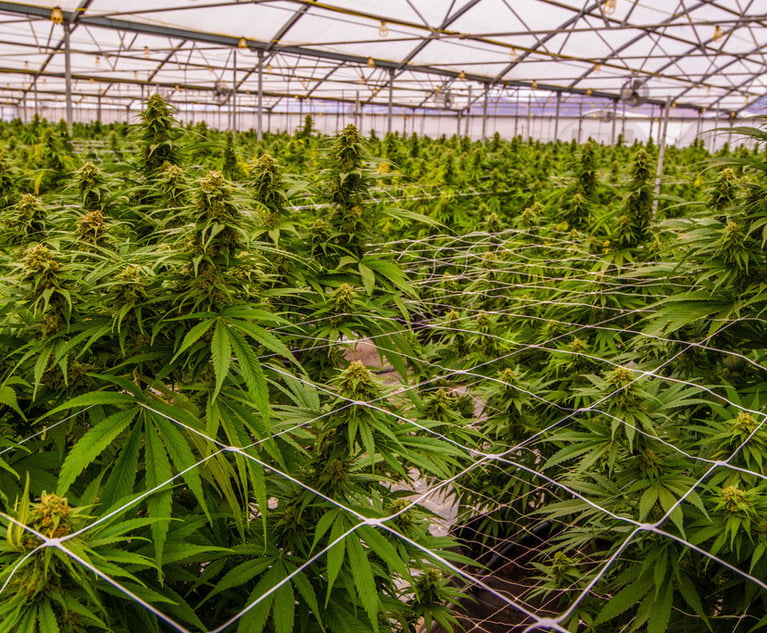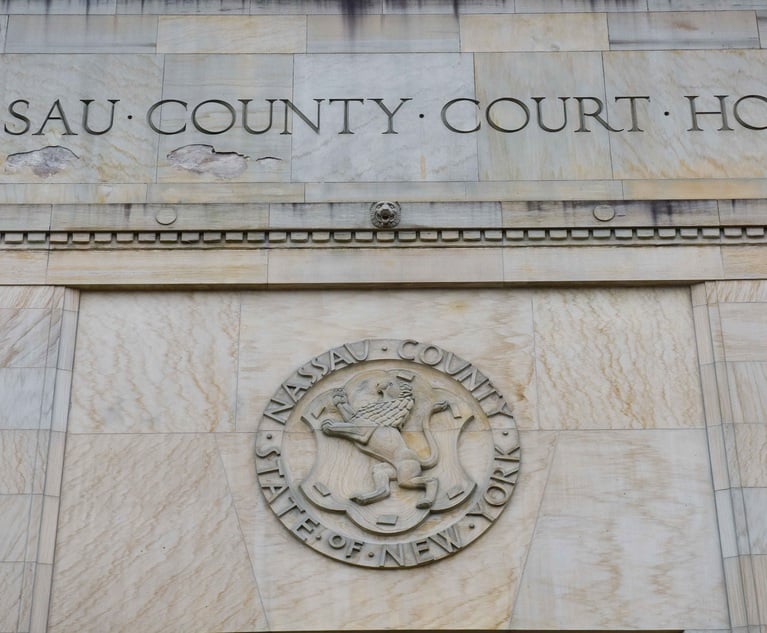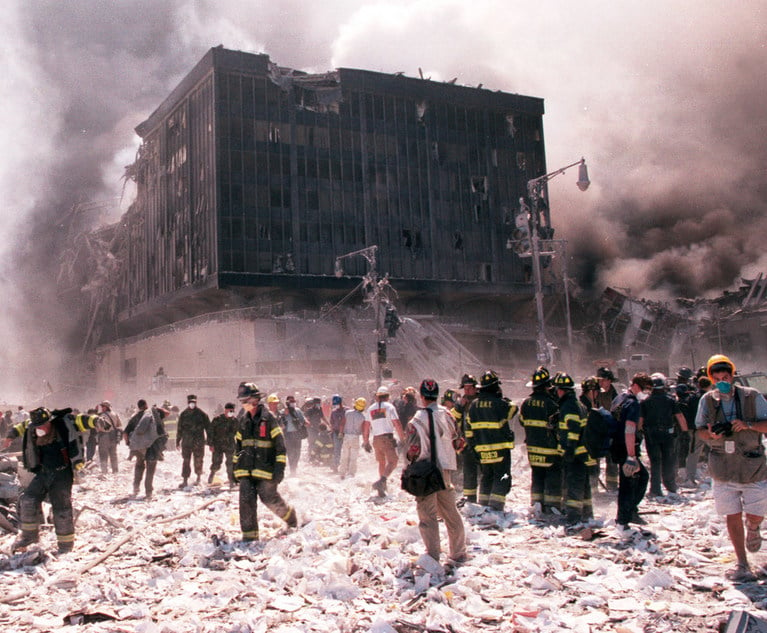It is no secret that the rollout of New York’s adult-use cannabis program, authorized three years ago with the passage of the Marijuana Taxation and Regulation Act (MRTA), has been a troubled one. Much of the criticism by stakeholders has focused on the Office of Cannabis Management (OCM), which did not begin issuing licenses in earnest until earlier this year due to a series of lawsuits focused on OCM’s efforts to prioritize certain groups of social-equity applicants (namely those with criminal convictions) over other market participants. This has been broadly reflective of the fault-lines that have emerged in the broad coalition that made passage of the MRTA possible in the first place.
Crucially, this delay, coupled with reluctance by authorities to engage in enforcement efforts that could be characterized as “War On Drugs 2.0” (such as incarceration), have allowed thousands of unlicensed dispensaries to proliferate throughout the state. These unlicensed dispensaries do not pay taxes (which was one of the main pillars underpinning the passage of the MRTA) and do not compete on an even playing field with licensed dispensaries which (among other things) are strapped for operating capital (in part due to policy choices made by the government with respect to who can invest in the retail tier).


 Alex Malyshev
Alex Malyshev




